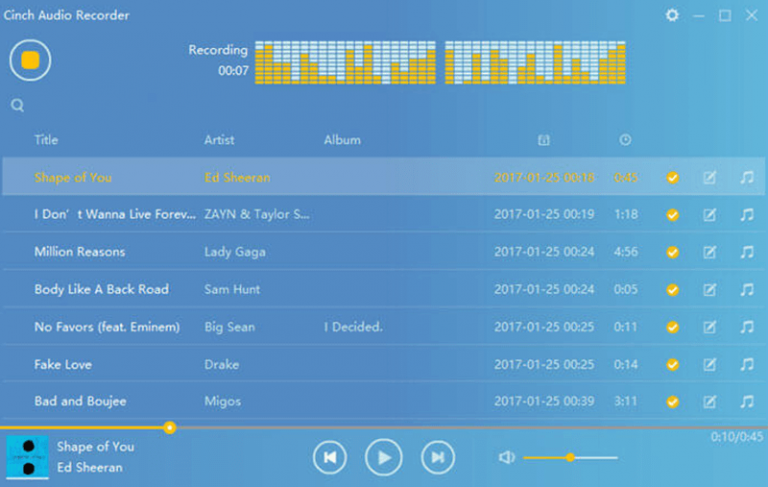

The problems are historic, Gray said, and lie in the “obnoxious” record deals that the three major groups have long offered artists. But I also want to push the boulder up the hill of actually changing British law.” “I want to use the conversation about regulation in the public, political sphere to put pressure on the industry to change itself. “This campaign is built to work in two directions,” Gray explained.

“Musicians are told, ‘Hey, streaming is just the promotional tool. Labels have instead, in recent years, told their artists that it now works the other way round. Touring used to be a way of promoting recorded music – vinyl, and then CD, sales. “But even very ‘successful’ musicians and artists that you’ve heard of do not make enough money from recorded music to pay their rent.” “There is a cultural delusion around the glamour of music which is for the most part portrayed and pushed by musicians themselves, in order to maintain the appearance of success,” said Tom Gray, a member of the Mercury Prize-winning band Gomez and a director of the Performing Rights Society, a music royalties collection organisation. An artist, if they have paid off debts to their label, might receive 20 per cent of that (according to a traditional 80/20 record deal), amounting to roughly £0.80 per 1,000 streams. We are listening to more music than ever. In 2020, streaming, which counted for more than 80 per cent of all music consumption, was up 20 per cent on the previous year. But musicians aren’t seeing the financial benefits. One Spotify stream has an average value of around £0.004 – which goes to the label, or the song’s rights holders.


 0 kommentar(er)
0 kommentar(er)
